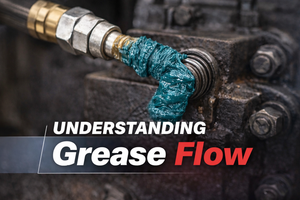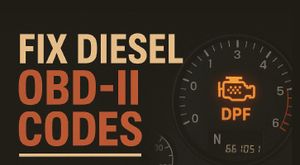5 Common Automotive Engine Myths
By on Oct 16 2017
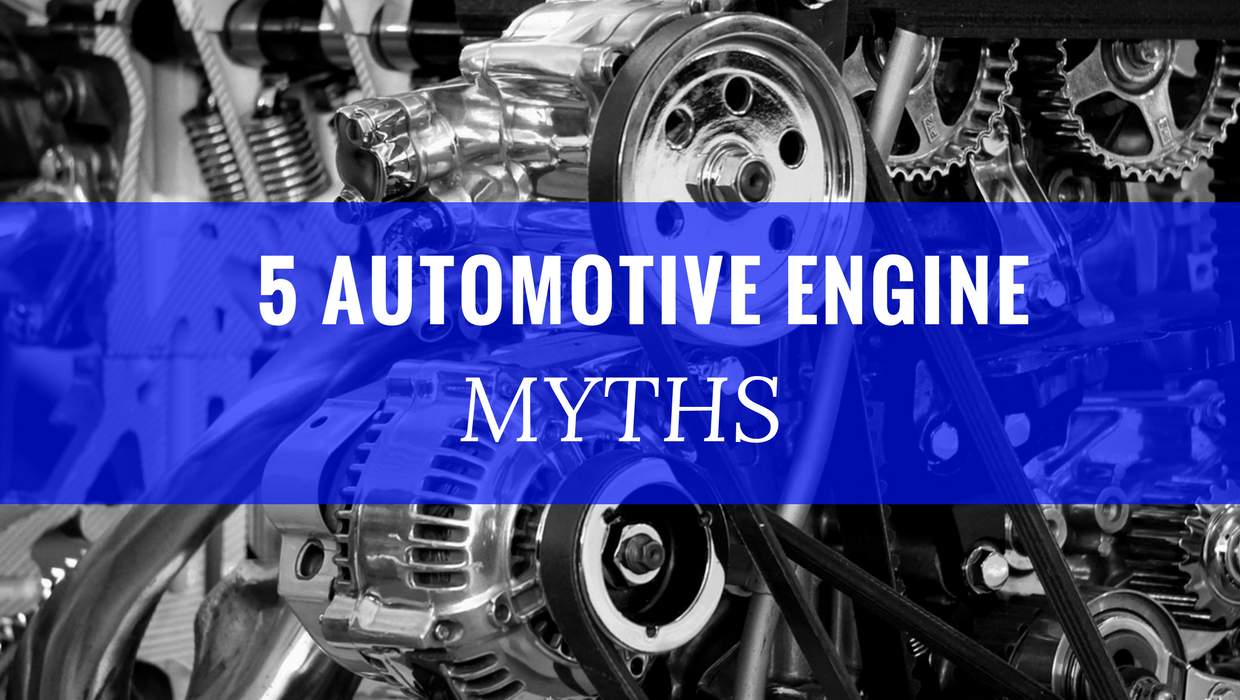
Proper engine maintenance is key if you want to keep your car driving smoothly for as long as possible. Oil is a major component in routine car maintenance: it keeps the engine lubricated, prevents corrosion, and prevents gunk and sludge build-up.
But how much of what you "know" about engine maintenance is merely fiction? Here are five common engine maintenance myths you might be currently accepting as fact:
Engines Need to be Warmed Before Driving

We're starting this list with a hot topic: should you or should you not idle your car before driving?
If you've grown up with Pennsylvania winters like I have, you know that early morning drive can be quite brutal even before you leave your driveway (or move out of park). One of the biggest automotive myths is your car needs to warm up a little before you can start driving. Think of all the people with remote starters: fire up the engine while you're still in the kitchen with your coffee and come out to a pre-toasted car. That sure beats feeling like Jack Torrance froze in the snow, and it's beneficial to your engine, right?
Wrong. At least in modern cars.
While older cars with carburetors benefitted from warming up to ensure the right mix of air-to-fuel in the engine, modern electronic fuel injection systems use sensors that determine the right mix of air and fuel. Warming the engine, therefore, is irrelevant. The Department of Energy, as well as most manufacturers, recommend only idling for 30 seconds before driving off. This way, the engine will warm up faster being driven, which will allow the heat to turn on sooner. Less idling decreases fuel costs and reduces emissions.
Note: this doesn't relate to comfort or safety but simply the necessity of idling in winter.
W " Stands for Weight
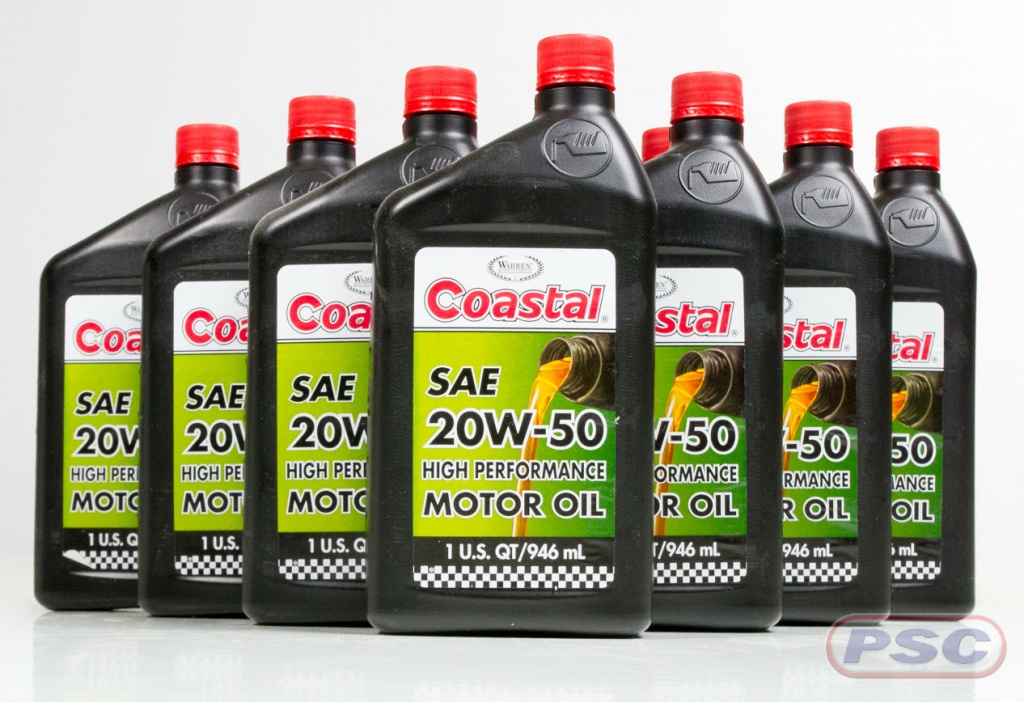
This one's easy.
If you think that the W " in your 5W-20 refers to the oil's weight, you're wrong. This actually stands for winter grade. 5W-20 is an example of a multi-viscosity oil and contains Viscosity Index Improvers " that allow the oil to compensate for a wide range of temperatures. These numbers refer to the oil's viscosity at different temperatures.
While back in the day, people would use different viscosity oils in the summer and winter months, modern multi-viscosity motor oils make that practice unnecessary.
You can read more about lubricant viscosity here.
Synthetic Oils Cause Leaks

One of the most common myths regarding synthetic oil is that its use will wear down your engine seals and cause leaks. While this is a myth, it is at least based in fact. Early synthetics were made differently and their esters were hard on neoprene seals, causing leaks. But that was the early 1970s and this is now, and we've come a long way since then. Modern synthetic oils are much nicer to seals. Synthetic oils won't cause leaks, but if you have a marginal seal, these oils will certainly find the compromise.
Once you Go Synthetic, You Can't Go Back
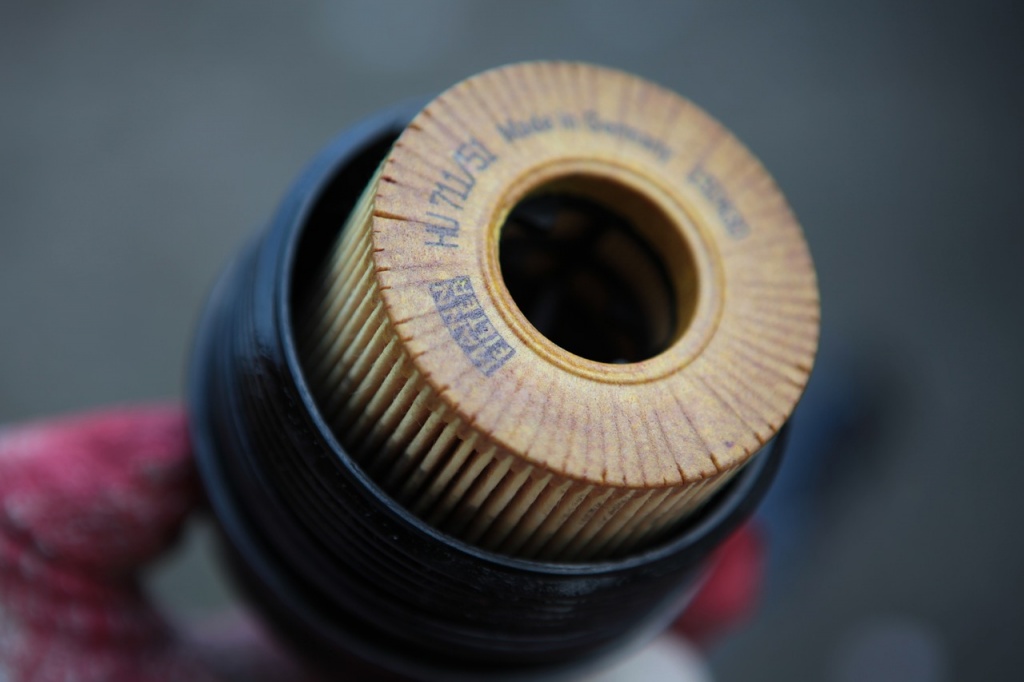
Word on the street is that once you use synthetic oil you can't switch back to conventional mineral oil, and vice versa. This is simply untrue. Synthetic and conventional oils are compatible, and therefore there is no harm to your engine if you do decide to switch. You can switch back and forth if you choose, or use a semi-synthetic oil. Synthetic blends combine premium synthetic base stocks and highly refined petroleum-based oils to create a high-performing and economically-priced motor oil.
It's Bad to Switch Brands
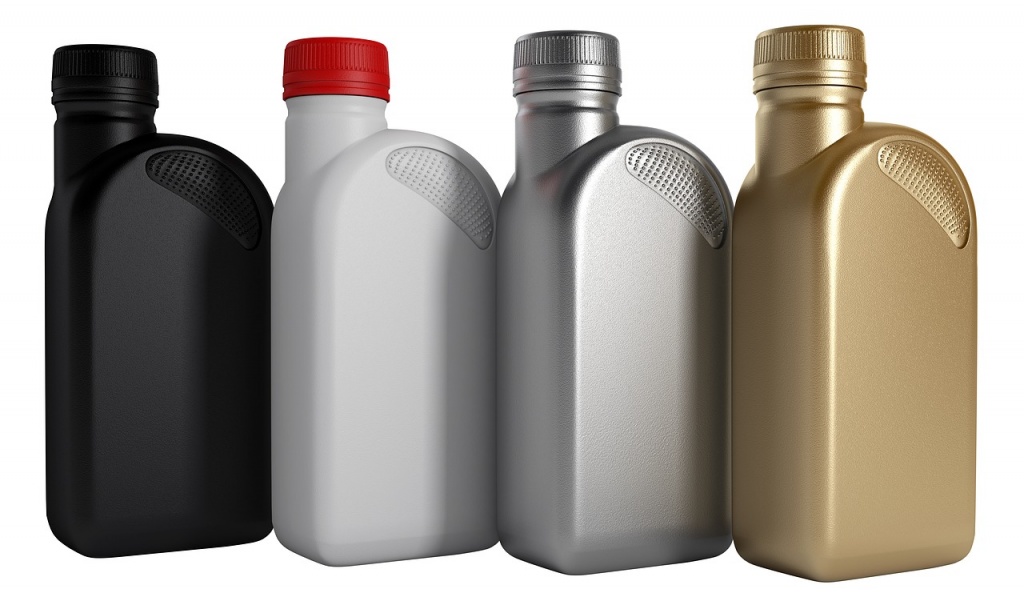
Just as it's ok to switch between types of motor oil, it's also perfectly fine to try different brands. What really matters is making sure the oils in question meet the manufacturer standards for your vehicle (such as viscosity grade and type).
Myth: Finding the best motor oil online is impossible.
Fact: Petroleum Service Company has you covered.
Sources:



